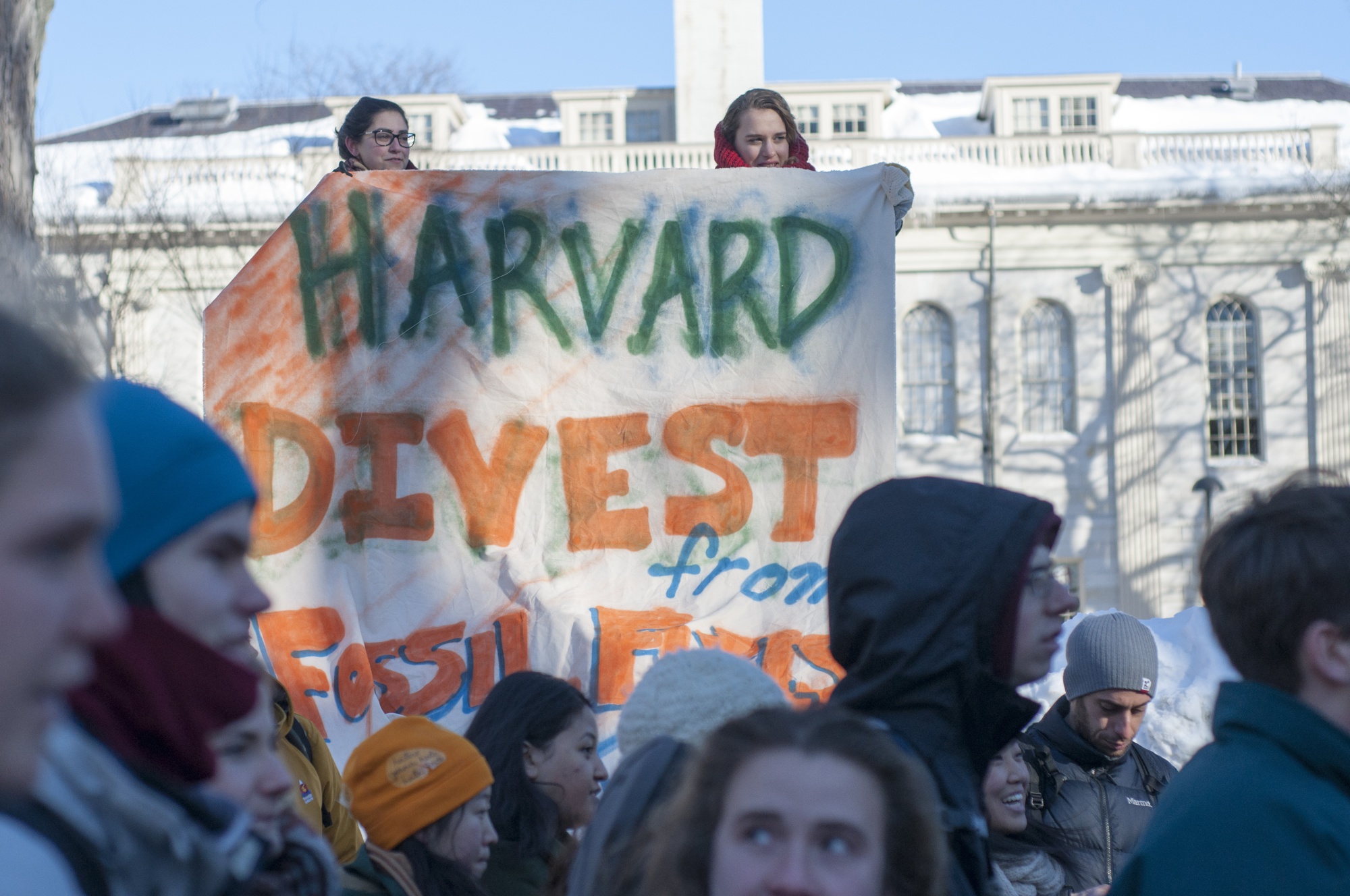
News
Summers Will Not Finish Semester of Teaching as Harvard Investigates Epstein Ties

News
Harvard College Students Report Favoring Divestment from Israel in HUA Survey

News
‘He Should Resign’: Harvard Undergrads Take Hard Line Against Summers Over Epstein Scandal

News
Harvard To Launch New Investigation Into Epstein’s Ties to Summers, Other University Affiliates

News
Harvard Students To Vote on Divestment From Israel in Inaugural HUA Election Survey
MIT Committee Recommends Targeted Fossil Fuel Divestment

MIT researchers recommended that the school divest its endowment from some fossil fuel companies—specifically, coal and tar sands—in a report released this week.
The committee was tasked by MIT administrators to “take the pulse” around MIT in regards to divestment and climate change, according to MIT professor and committee member Kerry Emanuel.
The report urged MIT’s central administration to divest from coal and tar sands specifically because they are “among the most carbon-intensive and environmentally hazardous fossil fuels,” and because this method of targeted, as opposed to blanket, divestment would pose less risk for losing “engagement opportunities with companies.”
The report comes as environmental activists at Harvard and elsewhere call for colleges and universities to divest from fossil fuel companies. In April, the activist group Divest Harvard staged a week-long protest, blocking entrances to buildings on campus and urging administrators to divest the University’s $35.9 billion endowment from fossil fuels.

The protest was unsuccessful; University President Drew G. Faust’s did not change her stance on divestment, which she has long argued is not “warranted or wise.” Harvard’s endowment, she wrote in a 2013 open letter, is “not an instrument to impel social or political change.”
According to University spokesperson Jeff Neal, Faust has not changed her stance on fossil fuel divestment since the MIT report’s release.
Still, while Harvard has opposed such a move, some peer schools have moved to divest from some fossil fuels in recent months. Last year, Stanford moved to divest from coal, and Georgetown recently followed suit.
Emanuel said Harvard should commission a similar task force, arguing that divestment is an issue “too important not to involve the community.”
—Staff writer Jalin P. Cunningham can be reached at jalincunningham@college.harvard.edu. Follow her on Twitter @JalinCunningham.
Want to keep up with breaking news? Subscribe to our email newsletter.
